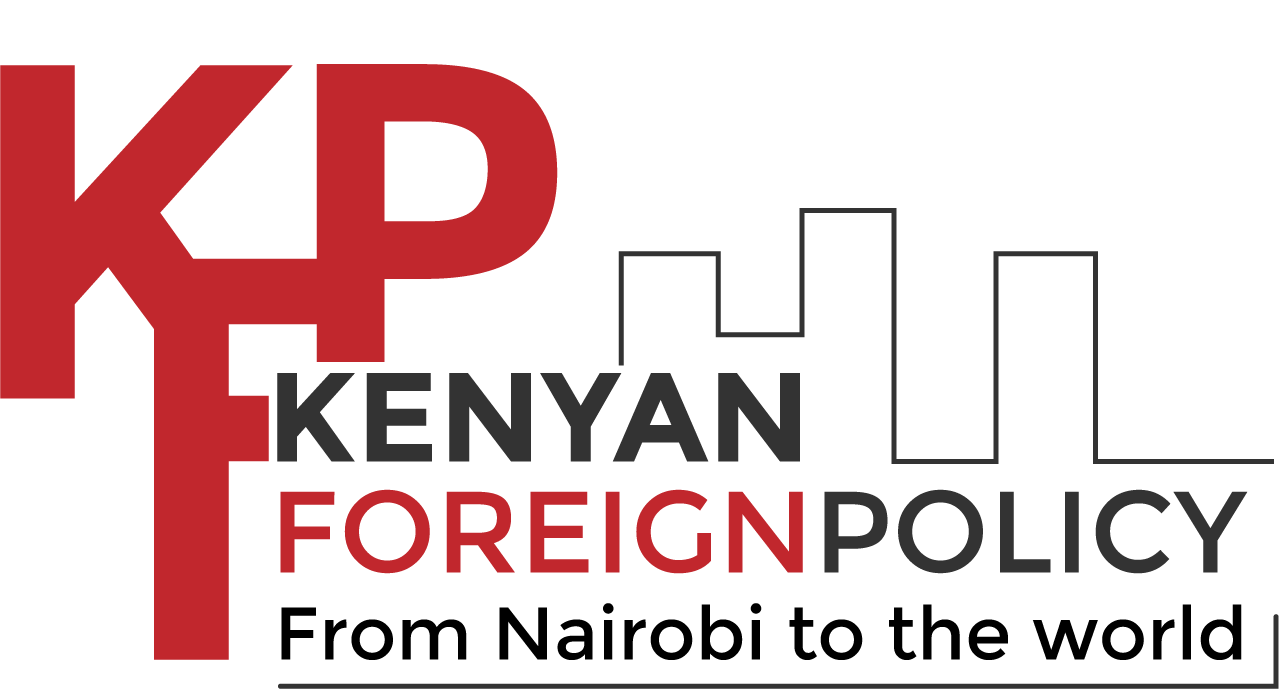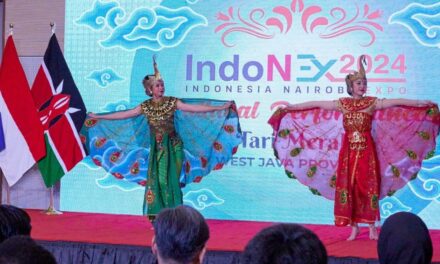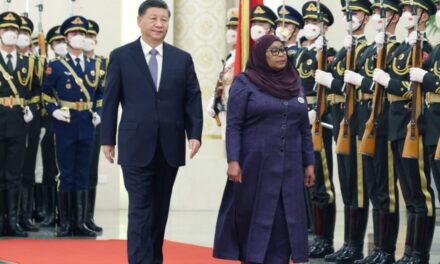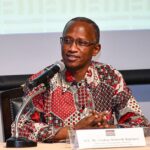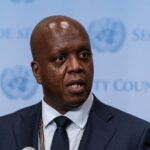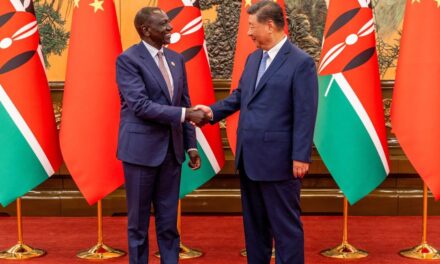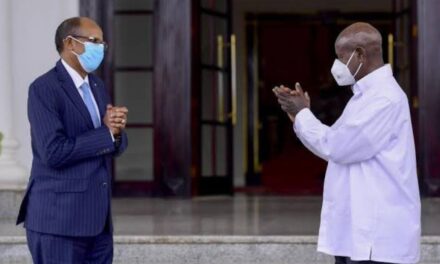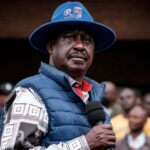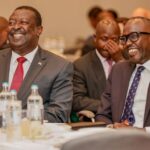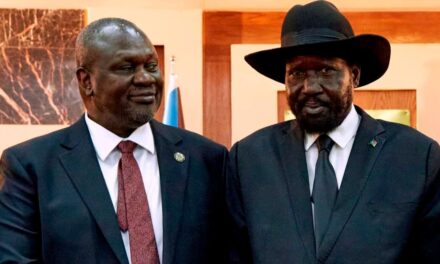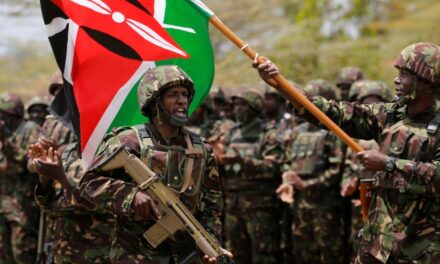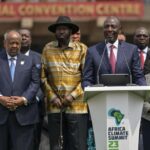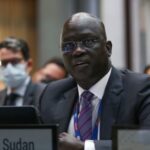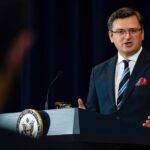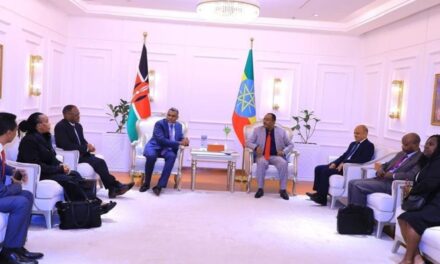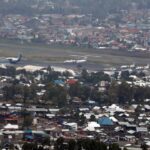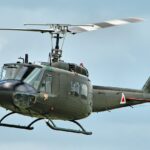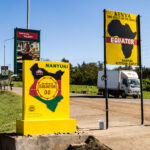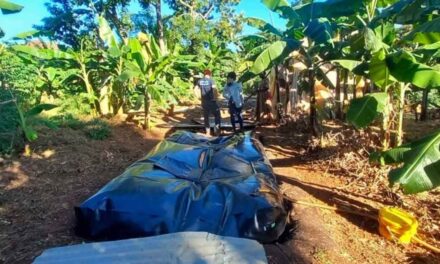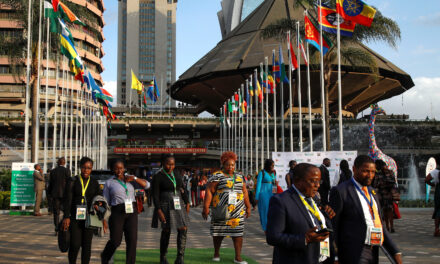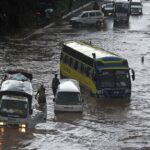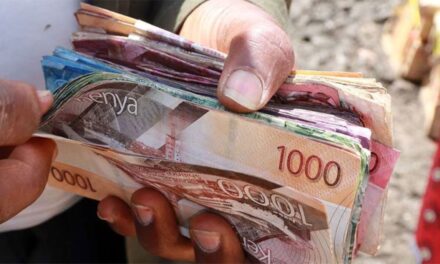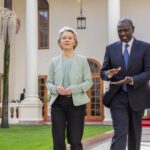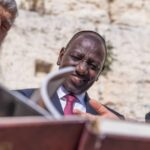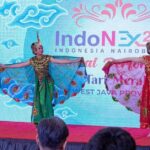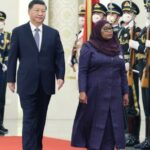

Burkina Faso’s Junta Ibrahim Traoré Admiration in Kenya
| August 22, 2024

President Ibrahim Traoré who is leading a military junta in Burkina Faso. Photo: Handout
Kenya’s urban culture is incomplete without the vibrant and striking graphics of popular personalities displayed on the country’s iconic public transport vehicles, known locally as matatus.
The face of the charismatic Burkina Faso President Ibrahim Traoré, now featured on one such vehicle, is stirring excitement among Nairobi’s youth and his supporters, who admire his strong and decisive leadership.
The Kenyan Foreign Policy spoke with a Nairobi youth about Traoré’s image on these public transport vehicles.
“I believe he is the modern-day Thomas Sankara. He does not live to please colonisers who have for decades robbed Africa of its resources,” said Gilbert Wafula.
At a time when Kenya’s government is facing accusations of gross incompetence, corruption, and a lack of public support, Traoré’s image, emblazoned with the word “OCCUPY,” resonates with Kenya’s young population, who currently revere such leaders.

An image of a matatu owned by Namu Supreme, which operates on the Nairobi-Murang’a route, featuring a portrait of the Burkinabe junta leader. Photo: Barrack Oduor
The term “OCCUPY” became synonymous with the deadly protests that engulfed Nairobi for over a month, resulting in the deaths of up to 50 civilians and injuries to many protesters.
In a country that has never witnessed a military takeover, Kenyan youths recently cheered the sight of Kenya Defence Forces officers deployed on the streets of Nairobi after protesters stormed and torched Parliament, expressing their anger against President Ruto’s government policies.
Unlike its counterparts in the Sahel, Kenya has never experienced a military coup, with the last attempt being in 1982 by the Kenya Air Force being thwarted.
Traoré’s popularity seems to be extending beyond the borders of Burkina Faso.
To his supporters, he is a messianic figure; to his critics, a paranoid autocrat.
To both, he remains an enigmatic leader.
Since the coup of September 30, 2022, Traoré has evolved. He has become more confident, now often seen in immaculate white military fatigues instead of the earth-toned ones he once wore.
No longer just the young captain unknown to many before the coup, he is now the world’s youngest head of state.
Despite having no legitimacy other than that conferred by his military power, he demands respect.
The early days of his leadership, when ‘IB’ – as he is known to his countrymen – insisted he had no intention of staying in power, are long gone.
A year and a half later, he remains in control, managing the country’s day-to-day affairs, a task he initially promised to “expedite.”
Now firmly in power, Traoré has established his junta and asserted his authority, with no mention of stepping down or organizing elections.
Originally from Bondokuy in Burkina Faso’s agricultural west, Traoré is a man of the bush – frank and direct.
After earning a degree in geology from the University of Ouagadougou, he joined the army and later attended the Georges-Namoano military academy in Pô, Burkina Faso.
According to military sources, he did not take kindly to the harsh treatment from his instructors.
Traoré grew disillusioned with the military hierarchy, where superior officers remained in air-conditioned headquarters while their men were slaughtered by jihadists, often amid general indifference.
Professor Nic Cheeseman, Director of the Centre for Elections, Democracy, Accountability, and Representation (CEDAR) at the University of Birmingham, commented on the recent wave of coups in West Africa in an article for the BBC.
He noted that growing popular anger and frustration have emboldened military leaders to believe that a coup would be celebrated by citizens.
“Each of the coups over the last three years has also been driven by a specific set of domestic factors that demonstrate the agency of African political and military leaders,” writes Cheeseman.
Your support empowers us to deliver quality global journalism. Whether big or small, every contribution is valuable to our mission and readers.
